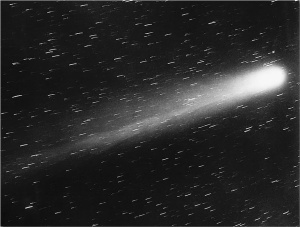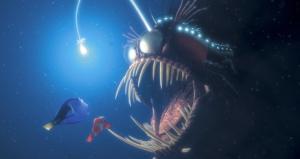Interested in learning more about Astronomy or finding a community of people who love astronomy? Try the Astronomy subreddit on the website Reddit.com. They have monthly observing challenges and ask/answer all kinds of questions about astronomy. Some examples – “I want to spend my dying years observing the unknown universe from my roof. What’s the best location for that?” “I want to buy my first telescope, I have no idea what I should get. Help?” and my favorite, “How do we know that the universe is expanding and it’s not us that are changing our frame of reference?” Try it out. The people are nice and helpful.



